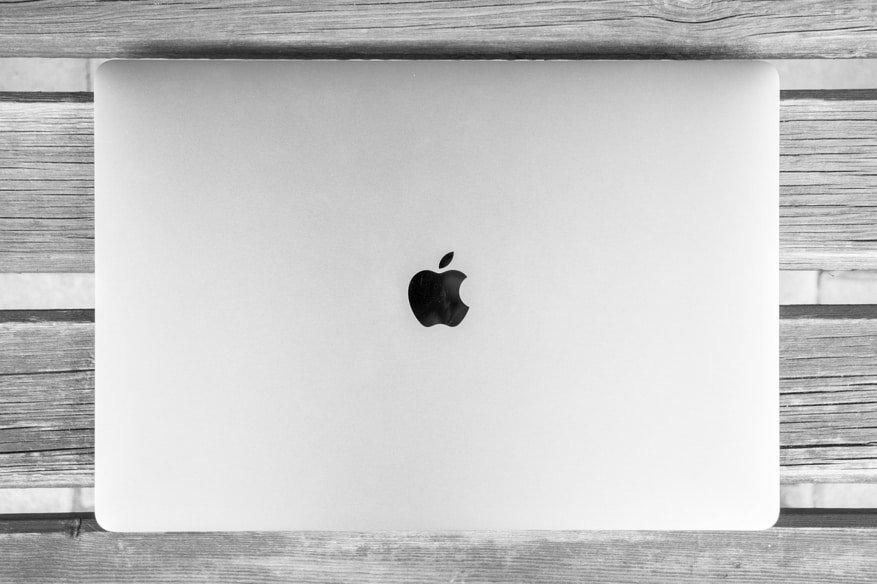Apple updates loophole that Police used to solve cases

Apple has always positioned the iPhone as a device that is secure and only the owner of the phone can access it. This has been a problem with the law enforcement officials when they want to crack information from a phone. After a critical spat with the FBI in 2016, Apple refused to divulge details how to unlock the iPhone of a mass shooter.
The FBI then took the service of a third party to hack the phone; the hacker would use the loophole on the phone and managed to break in. Since then, law enforcement agencies largely employed this strategy whenever they want to get information from a locked iPhone.
Now, it has been reported that Apple is all set to close that technical glitch that allowed third-party to break in, and this has not gone down well with the law enforcement agencies. The move has initiated the debate whether government agencies have the right to break into somebody’s personal device since it involves privacy.
Apple would come out with an update that would with immediate effect disable the phone’s charging and data port- the point of output like power cables, headphones, and adapters after the phone is locked. This will require the user to input his password if he wants to transfer data to and from the iPhone using the port.
This will put the law enforcement officials in a jinx since they have been using a locked iPhone by connecting another device with the help of special software to the port. They would still be able to access data from such iPhone that been locked for months. The news about Apple update, to close the loophole has put the police agencies in a jitter.
Chuck Cohen, who leads an Indiana State Police task force on internet crimes against children said, “If we go back to the situation where we again don’t have access, now we know directly all the evidence we’ve lost and all the kids we can’t put into a position of safety,” The Indiana State Police said it unlocked 96 iPhones for various cases this year, each time with a warrant, using a $15,000 device it bought in March from a company called Grayshift.
According to privacy advocates, Apple has all the right, at its end to fix the security flaw that enables the device to be easily compromised. Mathew D. Green, Professor at Johns Hopkins University, said: “a Grayshift device sitting on a desk at a police station could very easily leak out into the world.”
The Apple spokesman in an email, said “the company is constantly strengthening security protections and fixes any vulnerability it finds in its phones, partly because criminals could also exploit the same flaws that law enforcement agencies use. “We have the greatest respect for law enforcement, and we don’t design our security improvements to frustrate their efforts to do their jobs,” he said.
Apple and Google, that makes software for every smartphone in the world, have started encrypting their mobile programming in 2014. Encryption scrambles data to make it disjointed until you have the key or password to gain access. This move was something that infuriated police and prosecutors who couldn’t pull information from mobile phones, even with a warrant.
The grinding came into public view after the FBI couldn’t get into the iPhone of a shooter who murdered 14 individuals in San Bernardino, California, in late 2015. The judge requested Apple to make sense of how to open the mobile, provoking Tim Cook, Apple’s CEO, to react with a rankling 1,100-word letter that said the organization declined to trade off its clients’ security. “The implication of the government’s demand is chilling,” Tim said.
The two sides battled in court for a month. At that point, the FBI suddenly reported it had discovered an undisclosed group to hack into the telephone, for which it paid, at any rate, $1.3 million. An Inspector General report not long ago proposed the FBI ought to have looked for other alternatives before they dragged Apple to court.
The encryption on the smartphone just applies to data stored exclusively on the phone. Organizations like Apple and Google consistently give law authorities access to the information that is used has backed up on their servers, for example, by means of Apple’s iCloud benefit. Apple has said that since 2013, it has responded to more than 55,000 requests from the US government looking for data about in excess of 208,000 devices, with cases related to accounts or financial dealings.